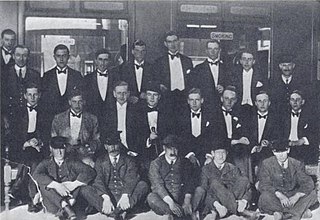A Quote by Brian Aldiss
The prose poem Walk The Red Road is great stuff and deserves to be read aloud. It compares quite favorably to The Walls Of Emerald by Li Chiang Yen, a Chinese poet of the late Tang period.
Related Quotes
A man of my acquaintance once wrote a poem called "The Road Less Traveled", describing a journey he took through the woods along a path most travelers never used. The poet found that the road less traveled was peaceful but quite lonely, and he was probably a bit nervous as he went along, because if anything happened on the road less traveled, the other travelers would be on the road more frequently traveled and so couldn't hear him as he cried for help. Sure enough, that poet is dead.
Truly fine poetry must be read aloud. A good poem does not allow itself to be read in a low voice or silently. If we can read it silently, it is not a valid poem: a poem demands pronunciation. Poetry always remembers that it was an oral art before it was a written art. It remembers that it was first song.
My first advice would be to read, read, read, which sounds interesting coming in a digital age, but it's so much easier to listen to a poem than it is to sit down and actually read it and to hear it in your head and that is something that every poet or aspiring poet needs to be able to do, I think to hear it in their head.
Prose is not to be read aloud but to oneself alone at night, and it is not quick as poetry but rather a gathering web of insinuations ... Prose should be a long intimacy between strangers with no direct appeal to what both may have known. It should slowly appeal to feelings unexpressed, it should in the end draw tears out of the stone.






































